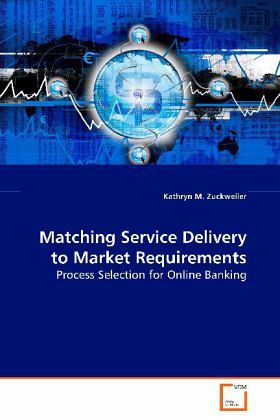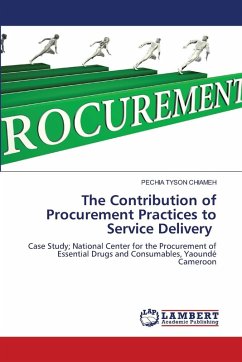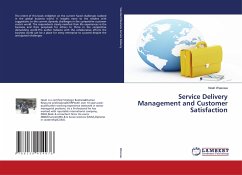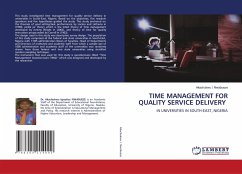
Matching Service Delivery to Market Requirements
Process Selection for Online Banking
Versandkostenfrei!
Versandfertig in 6-10 Tagen
32,99 €
inkl. MwSt.

PAYBACK Punkte
16 °P sammeln!
The growth of electronic commerce has forced firmsto rethink how they deliver a service to theircustomers. Not only is the face-to-face humaninteraction lost, but the concept of neighborhoodservices has given way to business unconstrained bygeographic boundaries. For services, the servicedelivery process would seem to be markedly alteredby the lack of human interaction and geographicboundaries. This forces companies wishing to sellservices in an electronic environment to reexaminethe key elements of their service process and therelationships between service process and marketrequirements. Nowh...
The growth of electronic commerce has forced firmsto rethink how they deliver a service to theircustomers. Not only is the face-to-face humaninteraction lost, but the concept of neighborhoodservices has given way to business unconstrained bygeographic boundaries. For services, the servicedelivery process would seem to be markedly alteredby the lack of human interaction and geographicboundaries. This forces companies wishing to sellservices in an electronic environment to reexaminethe key elements of their service process and therelationships between service process and marketrequirements. Nowhere is the effect of electroniccommerce more evident than in the banking industry.This study investigated relationships among companyfactors, process selection and business performancefor service delivery via electronic commerce, usingonline banking as an example of a nearly pureservice delivered electronically. The resultsindicate that cost savings motivation and likelihoodof technology adoption are important predictors ofprocess selection. Additionally, process selectionis an important predictor of business performance.












